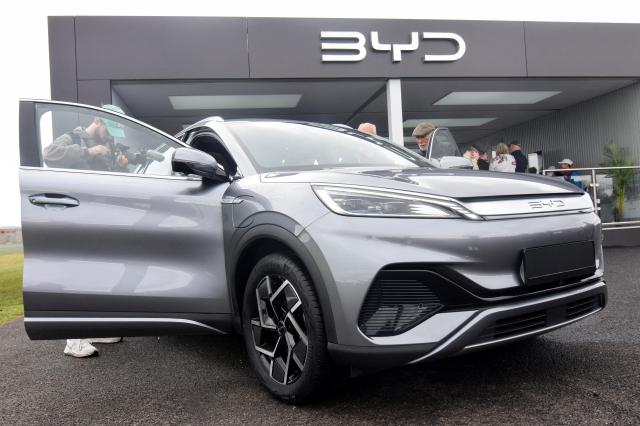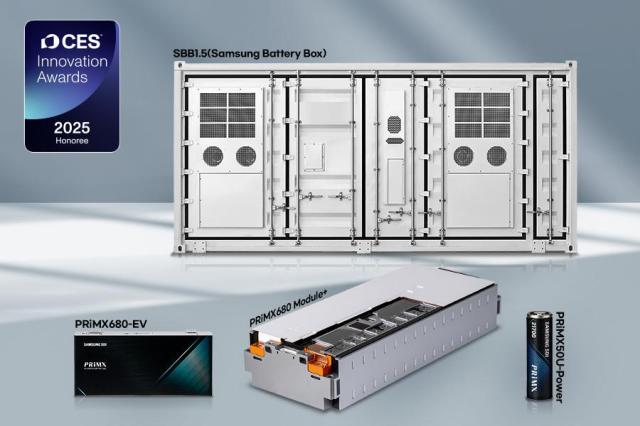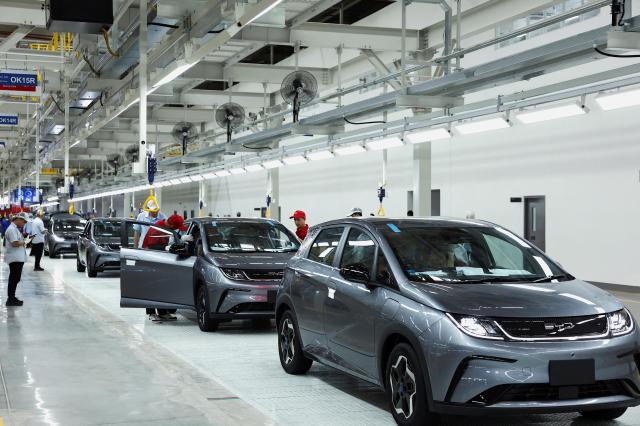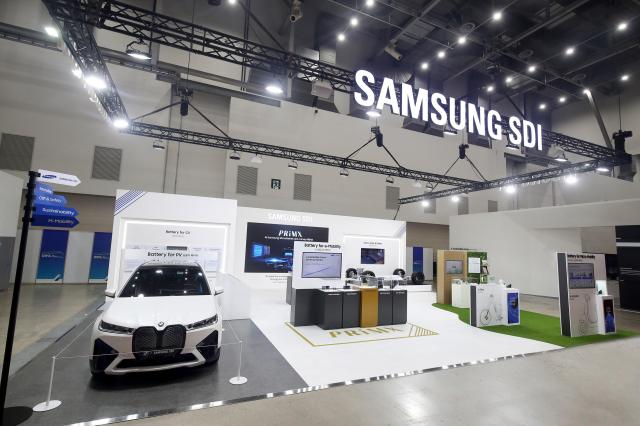
SEOUL, November 20 (AJP) - China's largest automaker BYD is set to enter the Korean electric vehicle (EV) market in early 2025. While the Shenzhen-based company has been operating in South Korea's commercial vehicle sector since 2016, its foray into the passenger car market is anticipated to be more challenging.
BYD plans to introduce its mid-sized Seal sedan and Atto 3 SUV as its flagship models in Korea.
The Seal model, currently priced between 149,800 yuan (US$20,700) and 219,800 yuan in China, is positioned to compete with U.S. EV maker Tesla Inc.'s Model 3, which sells for 51.99 million won to 69.39 million won (US$37,400-$49,900) in South Korea.
Industry analysts believe that BYD's success in the Korean market hinges on its ability to localize its offerings, particularly in terms of navigation systems and Advanced Driver Assistance Systems (ADAS) tailored to Korean roads.
According to media reports, BYB may consider incorporating Android Automotive and Apple CarPlay instead of developing proprietary software.
"We will thoroughly prepare to become a brand that Korean consumers can trust through our global success experience and outstanding technological capabilities," said Cho In-chul, head of BYD Korea's passenger car division, who previously led BMW's Mini brand operations in Korea.
Changes in South Korean government subsidies in February for EVs using Chinese lithium iron phosphate (LFP) batteries could affect BYD's market strategy, as the subsidies are being reduced up to 40 percent.
The growing safety concerns in Korea of China-made batteries following the incident on Aug. 1, when a Mercedes-Benz EQE sedan equipped with China's Farasis Energy batteries exploded in the underground parking garage of an apartment complex, may also pose a threat for BYD.
BYD aims to mitigate these concerns by highlighting the safety features of its Blade Batteries, a self-developed cell-to-pack lithium ion phosphate battery technology that is claimed to be less prone to fire.
Copyright ⓒ Aju Press All rights reserved.



